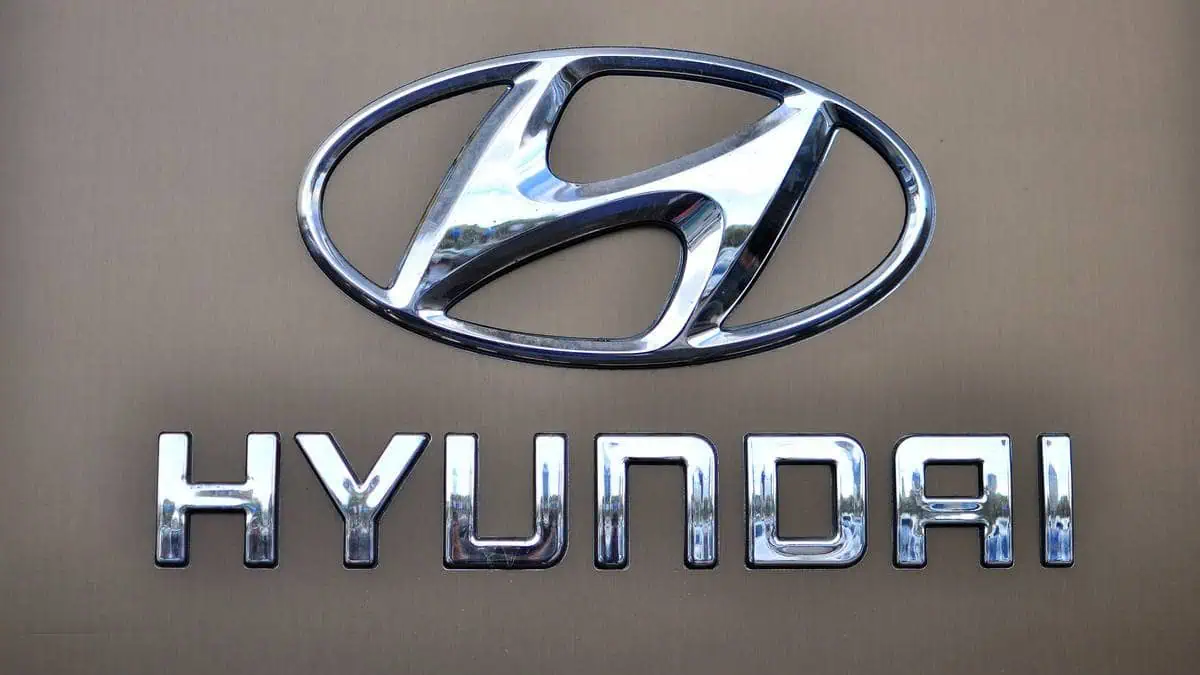South Korean legacy automaker Hyundai Motor Group continues to solidify its electric vehicle battery supply chain and boost its production capacity amid the intensifying competition in the burgeoning market.
Securing battery supply chain
According to the Korea Times, the South Korean automotive Group secured a long-term supply deal with Chilean lithium mining giant SQM.
As part of the agreement, SQM will supply Hyundai and Kia lithium hydroxide. It reportedly signifies Hyundai’s third lithium hydroxide supply deal in 2024, following those with Ganfeng Lithium and Chengxin Lithium Group in January.
Such partnerships demonstrate the Hyundai Motor Group’s determination to secure a strong battery supply chain to support its production of electric vehicles.
For context, lithium hydroxide is commonly used in costly ternary batteries, such as NCM (nickel-cobalt-manganese) batteries. They tend to deliver higher energy density compared to more popular lithium iron phosphate batteries.
Hyundai invests in longer-range, cost-effective EVs
Hyundai’s recent moves to secure lithium hydroxide supplies hint that the company is pivoting to high-capacity NCM batteries, potentially boosting the driving range of its next-gen electric vehicle offerings.
“Range anxiety” continues to be a major impediment to the wider shift to electric vehicles, discouraging drivers from switching from traditional internal combustion engine-powered vehicles.
In response, Hyundai is actively developing electric vehicles with a competitive driving range to attract customers. It recently previewed the upcoming Casper Electric sub-compact electric SUV, promising a 315 km driving range between charges owing to its NCM battery. It will use the “Inster” badge in Europe and debut at the Busan International Mobility Show this week.
Kia’s EV3 will also use an NCM battery, enabling it to deliver a driving range of up to 501 km between charges. It will officially hit the market in July 2024.
“Based on our analysis of customer expectations for EVs, we determined that the driving range needs to be at least 450 to 500 kilometers. From this perspective, we ended up deciding on adopting NCM batteries (for the EV3).”
Kia CEO and President Song Ho-sung said during a media conference last month
Cost-cutting efforts
Considering the high costs of its current EVs, Hyundai Motor Group is striving to reduce the cost burden of NCM batteries for its customers by internalizing production.
In 2024, the Group officially kicked off production at its battery factory in Indonesia. This new facility is under its joint venture with South Korean battery giant LG Energy Solution.
As industry observers suggest, the launch of new EVs with longer ranges and competitive pricing is crucial for the industry to overcome the slower-than-expected EV uptake.






